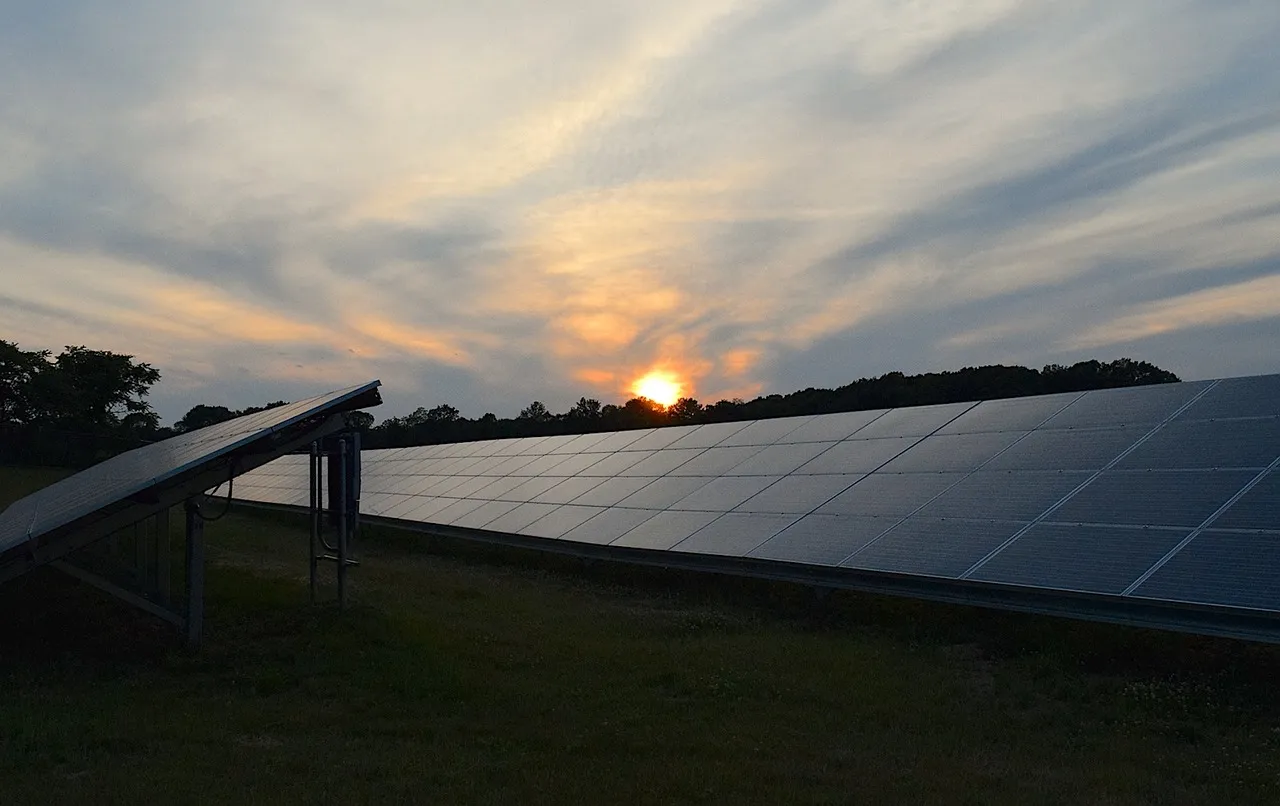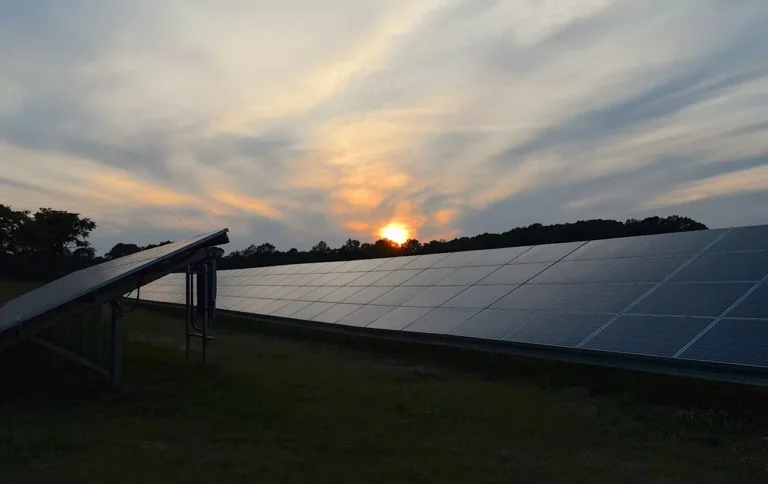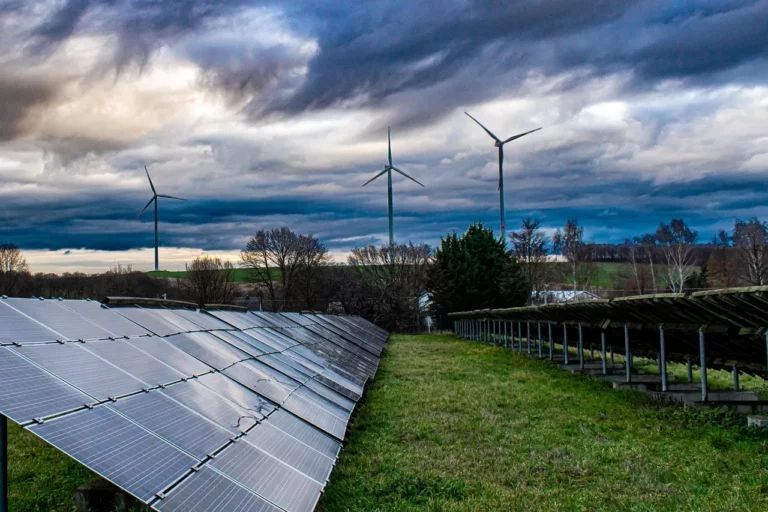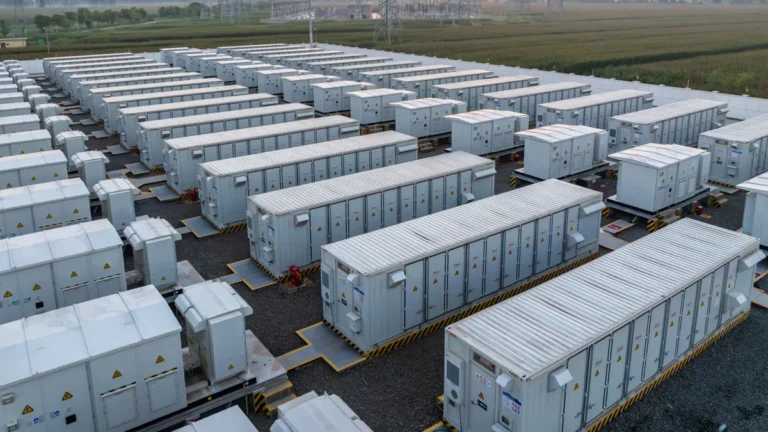
Mars and Cargill Expand Renewable Energy Partnership With 224MW Solar Deal in Poland
Two global food industry leaders, Mars and Cargill, have announced a major step forward in their sustainability strategies through the joint development of more than 224 megawatts (MWac) of new renewable energy capacity in Poland. The companies signed five virtual power purchase agreements (VPPAs) with GoldenPeaks Capital, one of Europe’s fastest-growing independent renewable energy producers. This initiative represents what is believed to be the largest multi-buyer renewable energy agreement ever signed in Poland and the broader Central and Eastern Europe (CEE) region—a part of the continent still heavily reliant on carbon-intensive power generation.
The landmark collaboration showcases how industry leaders can work together across the value chain to accelerate the clean energy transition. For Mars and Cargill, this project not only secures renewable energy supply for their operations but also sets a precedent for cross-sector cooperation to address climate change.
A Strategic Partnership for Climate Action
The new solar projects under the PPAs will collectively deliver 224MWac of installed capacity, generating enough renewable electricity to power approximately 200,000 Polish households annually. The projects are expected to come online in 2027, helping both Mars and Cargill significantly reduce their carbon footprints in Europe.
For Mars, the agreement aligns with its Renewable Acceleration Program, which focuses on eliminating Scope 2 emissions (emissions from purchased electricity) and addressing a portion of Scope 3 emissions (emissions in the company’s value chain). By partnering with Cargill, one of its key suppliers, Mars is able to amplify the climate impact of its renewable initiatives through combined scale and shared objectives.
“These solar PPA agreements will create new solar projects that enable Mars to reduce and eliminate its current scope 2 electricity emissions in Poland and also a portion of our scope 3 emissions,” said Kevin Rabinovitch, Global VP of Sustainability at Mars. “Having a supplier like Cargill also working directly on its electricity use complements our approach. In Poland, by aggregating with our supplier, we gained scale and delivered a huge win for both of our organizations as we join forces to advance our individual companies’ climate goals.”
This approach exemplifies Mars’ broader strategy to work collaboratively across its supply chain to unlock larger, systemic sustainability outcomes. The company has long viewed partnerships as key to achieving its “Sustainable in a Generation Plan”, which targets net-zero emissions across its entire value chain by 2050.
Cargill’s Broader Renewable Energy Vision
For Cargill, the collaboration with Mars builds on its global renewable energy portfolio and demonstrates how energy procurement strategies can strengthen supplier-customer relationships. As one of the world’s largest food and agricultural firms, Cargill plays a crucial role in enabling low-carbon supply chains across the food sector.
“We’re proud to collaborate with Mars on this unique partnership,” said Christina Yagjian, Senior Director, Global Renewable Energy at Cargill. “Beyond lowering procurement costs and reducing emissions, this work deepens our commercial relationship and shows how partnership across the value chain can drive meaningful climate action.”
Through the agreements with GoldenPeaks Capital, Cargill continues to advance its goal of achieving 100% renewable electricity for its operations by 2030, while contributing to systemic decarbonization across the food industry.
GoldenPeaks Capital: Accelerating the Energy Transition in Central Europe
The renewable energy developer GoldenPeaks Capital will design, finance, and construct the new solar farms under the PPAs. Headquartered in Switzerland and with a strong development presence across Central and Eastern Europe, GoldenPeaks Capital has become one of the region’s leading renewable infrastructure investors.
According to Adriano Agosti, Founder and Chairman of GoldenPeaks Capital, “The PPA agreements with Mars and Cargill highlight our partnership-driven approach, delivering complex, high-value energy solutions and further driving decarbonisation across the region.”
The projects represent a significant contribution to Poland’s renewable energy expansion efforts. Despite recent progress, Poland remains one of Europe’s most coal-dependent electricity markets. Large-scale investments like these are instrumental in accelerating the country’s transition to a cleaner, more sustainable energy mix.
Facilitating the Agreements: The Role of 3Degrees
The deals were facilitated by 3Degrees, a global climate solutions company specializing in renewable energy procurement and carbon reduction strategies. Acting as an advisor and intermediary, 3Degrees helped align the energy and sustainability goals of Mars and Cargill, structure the contracts, and navigate the regulatory and market complexities of the Polish energy sector.
“We applaud Mars and Cargill’s leadership with the signing of these PPAs,” said Tyler Espinoza, Global Head of Power Markets at 3Degrees. “They are setting an excellent example of how companies and their suppliers can effectively collaborate to make forward progress in their collective decarbonisation goals. We need more organisations to follow in their footsteps and make similar moves to collaborate and accelerate meaningful climate action.”
By structuring the agreements as virtual PPAs, both Mars and Cargill can secure renewable energy certificates and financial settlements without taking direct ownership of the physical assets. This model provides flexibility, scalability, and greater accessibility to renewable energy markets, especially in regions where direct power procurement can be challenging.
A Model for Industry-Wide Collaboration
The Mars-Cargill-GoldenPeaks partnership serves as a replicable model for the broader food, agriculture, and manufacturing sectors. It demonstrates how shared renewable energy projects can not only reduce costs and risks but also multiply climate benefits through collaborative scale.
As governments and industries work to meet the European Union’s 2030 climate targets, such alliances will become increasingly important. Central and Eastern Europe, in particular, faces unique challenges in decarbonization due to its reliance on fossil fuels. Initiatives like this one are helping to close the gap by accelerating renewable infrastructure development in regions that need it most.
Ultimately, the partnership underscores a new paradigm in corporate sustainability—one rooted not just in individual ambition but in collective impact. By leveraging shared goals and aligning across supply chains, Mars and Cargill are demonstrating how business leadership can help transform one of Europe’s most carbon-intensive grids into a hub of renewable innovation.







